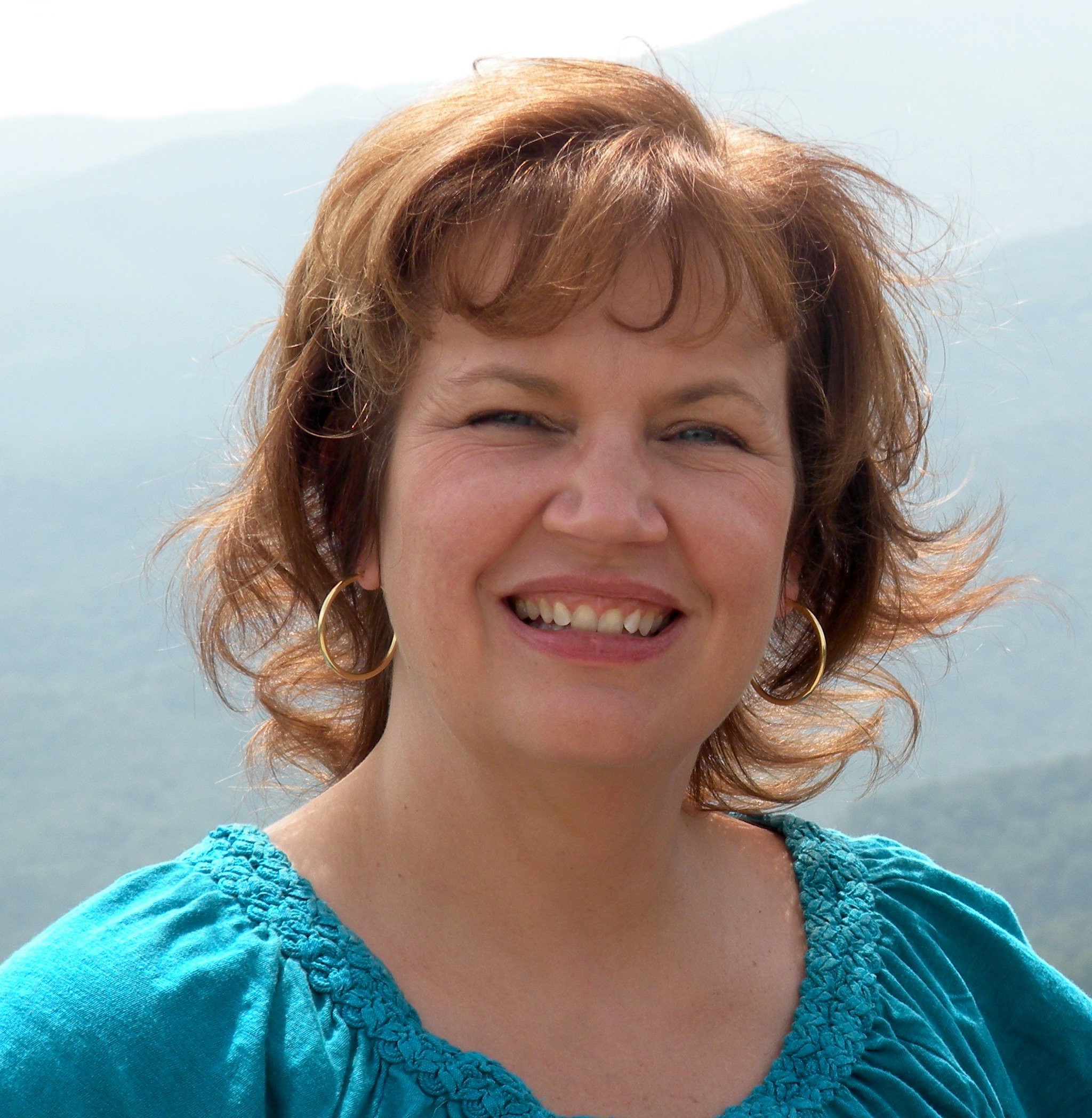Overcoming Curricular Fragmentation: An Experiential Learning Approach to Curriculum Mapping
 Presenter:
Presenter:
Jennifer Harrison: Associate Director of Assessment, University of Maryland Baltimore County
Jennifer M. Harrison, Ph.D. has worked in higher education for over 25 years and is currently UMBC’s Associate Director for Assessment in the Faculty Development Center. She designed and implemented the assessment process for her former institution, was instrumental in garnering 10-year reaccreditation, and was the founding director of the assessment committee. At UMBC, she consults with faculty and staff to strengthen learning assessment practices and offers seminars and workshops to support the scholarship of teaching and learning.
 Presenter:
Presenter:
Vickie Williams: Director of Student Services, University of Maryland Baltimore County
Vickie Williams, Ph.D. is the Director of Student Services for UMBC’s Department of Education and a faculty member in the First-Year Experience program. She serves on the Board of the Women’s Center and supports students as both an academic and residential advisor. She developed her expertise in teaching students to become effective self-regulated learners by challenging them to acquire cognitive, affective, and psychomotor competencies.
Description:
This pre-conference workshop will focus on curriculum mapping that helps build collaboration, continuity, and connection across students’ learning opportunities, fostering higher-level integrative learning, and a more cohesive learning experience. However, programs at many institutions struggle to form shared visions of how their curricula work. How can we collaborate to build programs that scaffold deeper student learning, measure and improve that learning, and align learning opportunities? Collaborative curriculum mapping is one solution. In this gamified workshop, we will gain experiential learning in curricular and co-curricular mapping, aligning vertically and horizontally to build common ground, optimizing direct measures, triangulating direct and indirect evidence, closing the loop, using double-loop analysis, and creating continuity mechanisms.
The presenters have created a gamified approach to curriculum mapping, so participants will experience a collaborative process that can help them internalize the key benefits and challenges involved in mapping a curriculum. Our learning activity is scaffolded by mini-presentations and interactive clicker-like quizzes that empower participants to apply the threshold concepts to an authentic program example. By participating in a kinesthetic, hands-on mapping challenge, participants will expand their cognitive, affective, and psychomotor competencies related to curriculum design. In particular, they will identify at least one closing-the-loop intervention to implement. When participants present their maps in the sharing/critique session, our collaboration will illuminate common ground, generate new ideas for improvements, and model the kinds of conversations many programs need. Participants will then have the opportunity to apply ideas from the sharing/critique to improve their curriculum maps. We will develop their double-loop analysis skills by complicating their curricula with direct and indirect results that challenge them to create new ideas to improve their curriculum and student learning.
Learning Outcomes:
At the conclusion of this workshop, participants will be able to…
- Analyze curriculum mapping and vertical and horizontal outcome alignment.
- Design a curriculum map for a sample program.
- Apply double-loop analysis to propose curricular improvements.